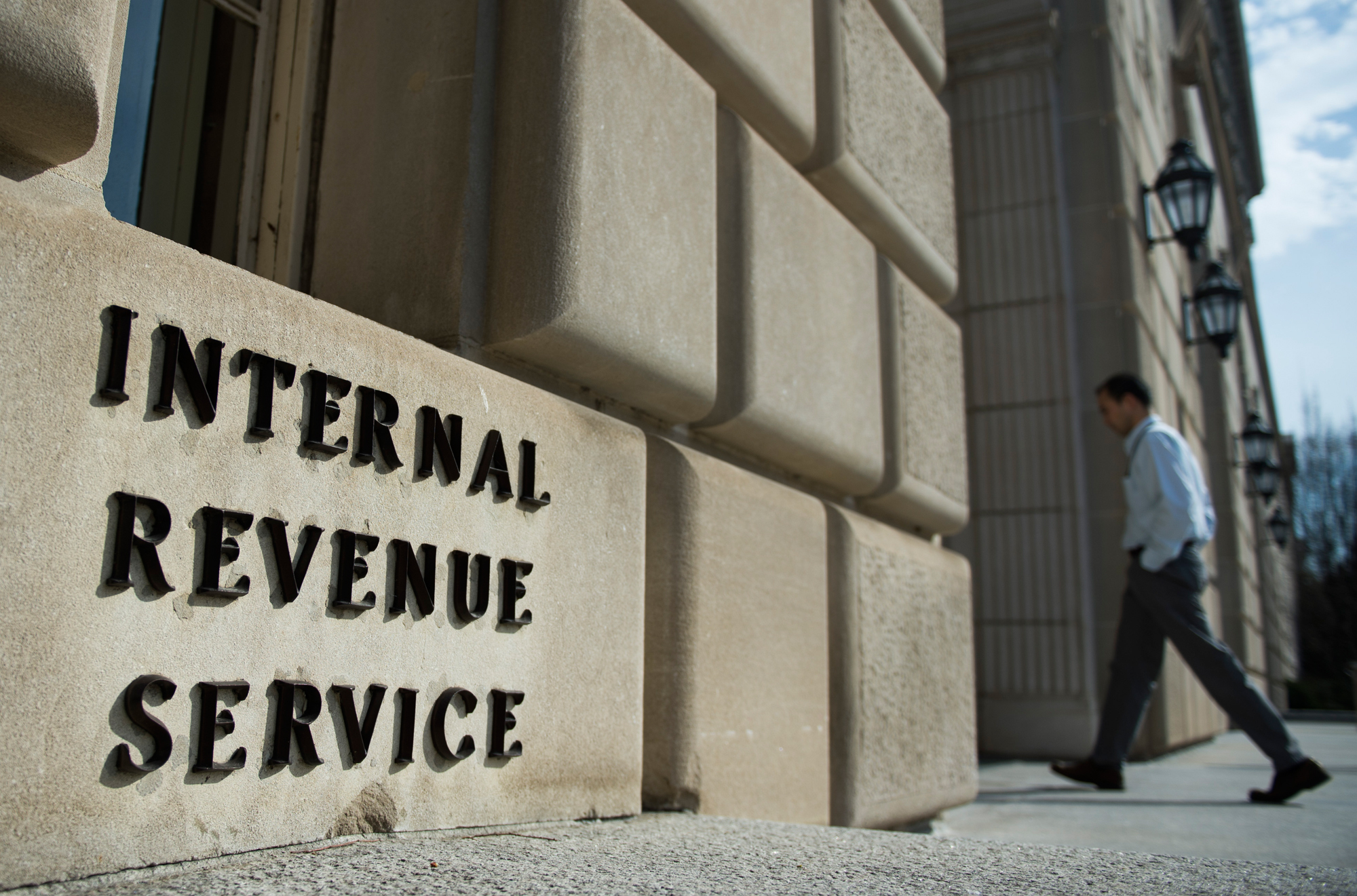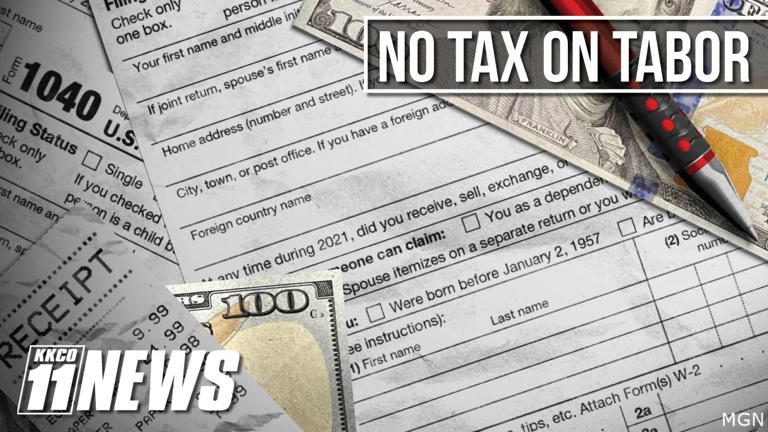Colorado lawmakers are urging the IRS not to tax the state’s TABOR refunds, which have been non-taxable for decades, to prevent confusion and additional financial stress for taxpayers.
Colorado Lawmakers Urge IRS to Keep TABOR Refunds Tax-Free for Third Consecutive Year
According to Colorado Newsline, for the third year in a row, Colorado‘s lawmakers are asking the IRS not to tax the state’s TABOR refunds. In a letter to IRS Commissioner Danny Werfel, members of Congress from both parties say these refunds should stay non-taxable. They warn that taxing these payments would confuse taxpayers and cause extra stress, especially for low-income families.
The issue started in 2022 when the IRS considered taxing special state refunds given out due to the COVID-19 pandemic. Colorado had given flat refunds of $750 for individuals and $1,500 for joint filers, which was different from their usual system based on income. The IRS first suggested these refunds might be taxed but later decided not to for 2022 and 2023. Recent guidance suggested future refunds might be taxed, but new state laws should fix this problem.
READ ALSO: 2.6% COLA: How 2025 Social Security Benefits Will Vary by $50-$60+ per Month in States with Highest Median Benefits: $2,100-$2,400

$3.5 Billion in Tax Refunds: Colorado Lawmakers Urge IRS to Keep TABOR Refunds Tax-Free for 3rd Year (PHOTO: Colorado Public Radio)
Governor Jared Polis Thanks Lawmakers and Urges IRS to Maintain Tax-Free Status for TABOR Refunds
Governor Jared Polis thanked the lawmakers for their support in keeping TABOR refunds tax-free. He stressed that TABOR, which requires the state to return extra revenue collected beyond set limits, should not face new taxes. The governor urges the IRS to continue following the long-standing rule that these refunds are not taxed.
READ ALSO: $19 Billion Awaits: How to Claim Your Unclaimed Funds in New York State – Free Search and Claim Process!

















































